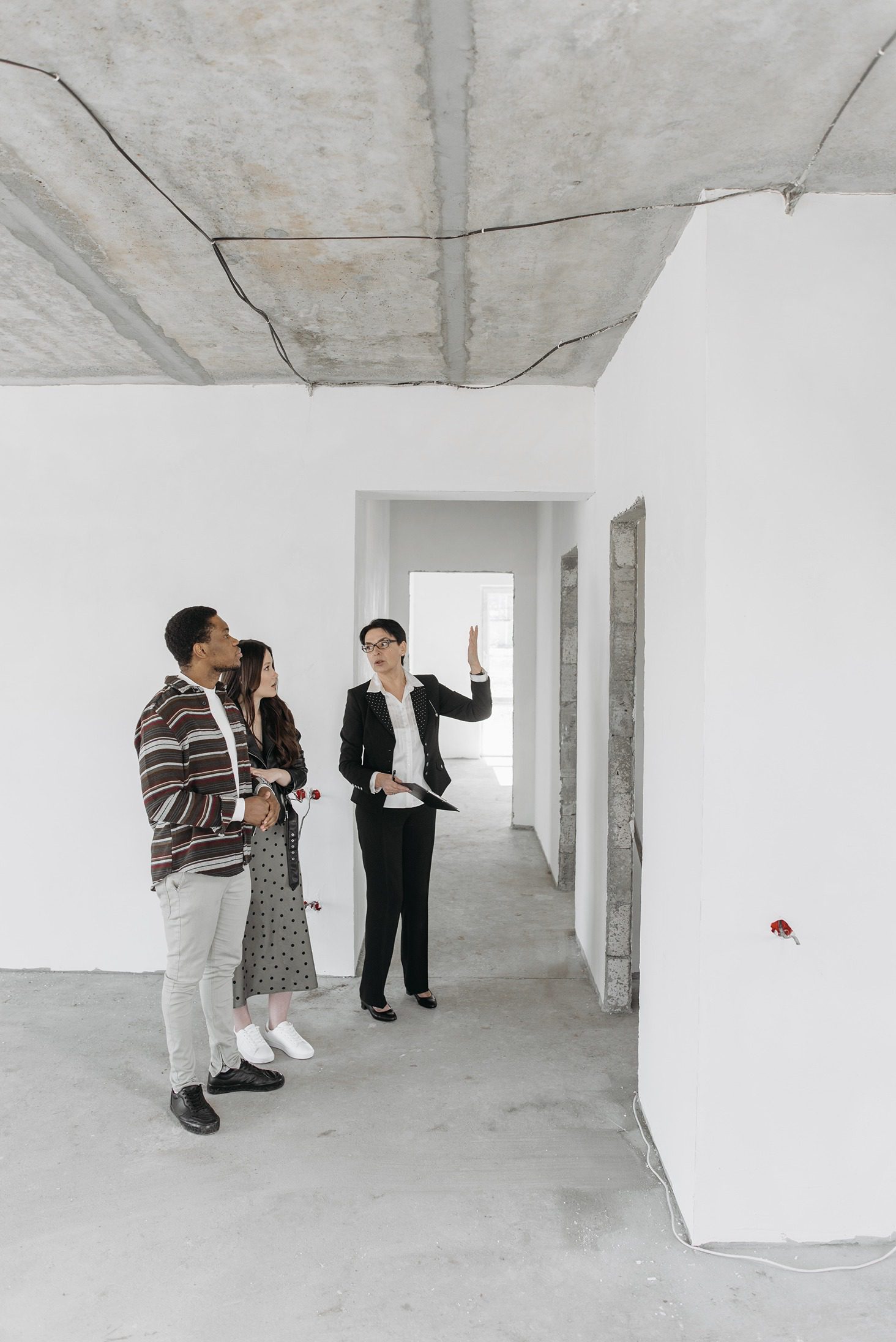How to close the sale of your property
Table of Contents

Closing the sale of your property is a momentous occasion, marking the culmination of your efforts and the beginning of a new chapter. This guide provides a comprehensive roadmap to navigate the closing process smoothly and effectively. We cover everything from finalizing legal paperwork and understanding closing costs, to preparing for the final inspection and transferring ownership.
Whether you are a first-time seller or have experience in the property market, our step-by-step approach simplifies the complexities involved, ensuring you complete the sale with confidence, clarity, and a sense of accomplishment. So you’ve finally found a buyer for your property! Before you pop open the champagne though, there’s one thing left to do – the closing. It is a somewhat complicated and rigid process involving the transaction of documents and money so that you as the seller can transfer the ownership and possession of the property with no strings attached to the buyer.
In Malaysia, it typically takes around three months and ranges from a property inspection to paperwork signing. Check out our painless guide on what to look out for when you close the sale of your property.
Download Now: Property Sellers Guide [Free Access]
Work closely with your real estate agent
There are multiple steps in the closing process and it’s your real estate agent’s job to smooth the way for you. He or she will inform you about the payments you have to make and the documents you must prepare such as:
- Copies of your previous Sale & Purchase Agreement and Loan Agreement/Title
- Current year assessment receipt (cukai pintu)
- Current year quit rent receipt (cukai tanah)
Costs in the closing process
There are several costs you have to bear when you sell your property and it can eat into your profit. Some of them are:
- Real Property Gains Tax (RPGT): In Malaysia, all home owners have to pay this tax when they sell their property, and if you decide to sell your property within the first five years, you are liable to pay a higher % of this tax.
- Real estate agent fee: This is typically 2% – 3% of the property’s selling price
- Legal fee for Sale and Purchase Agreement (SPA): This is calculated based on your property’s selling price.
- Other miscellaneous fees: disbursement fees, processing fees, etc
- CKHT 1A form to file for RPGT: RM300 will be charged upon submission (RM600 will be charged if the property is jointly owned).
On top of that, you still need to pay the 6% government tax on your legal services and typically, the buyer covers expenses like settlement fees, and lender fees.
Earnest Deposit
This is basically a deposit that the buyer pays to show that they are indeed serious about purchasing your property. It is usually 1% – 3% of the sale price and held by a title or escrow company. Under no circumstances should this money be paid to an individual and there should be a clear and legal paper trail to avoid any risk of fraud. If the buyer backs out of the sale for anything not covered by a contingency, they most likely have to forfeit their earnest money.
Contingencies
Contingencies are conditions in an offer that must be fulfilled to keep the sale moving forward. It gives the buyer an escape door to back out of a deal if the conditions are not met. The standard contingencies that you will encounter during the closing process are appraisal, inspection, title, and financing contingencies. For example, if a buyer submits an offer with an inspection contingency, he or she has no obligation to continue with the sale if anything is found during the house inspection that needs repair.
Title and financing
If the buyer has a title contingency, they will verify that the house’s title is clear of any issues before buying the house. For example, a property under master title for more than ten years is a red flag. As for the financing contingency, if the buyer is not able to secure a loan, they can back out of the deal and reclaim their earnest money.
Title insurance
Even with a title contingency in place, problems with the property title can crop up after the property purchase is completed. There have been several cases in Malaysia where the property was turned back to the state or original owner because the courts decided it shouldn’t have changed its title name, to begin with. A title insurance protects against loses if this happens and usually, two parties require it – the lender and the buyer.
Home appraisal
If the buyer is getting a mortgage for the house, their mortgage lender (the bank) will order a home valuation. If the house doesn’t appraise, meaning the bank thinks the buyer is offering more than the house is worth, the buyer will have to decide their next step. If they have a home appraisal contingency, they can back out of the deal or renegotiate a new price. As the seller, you can be prepared by having all your paperwork ready for the appraiser. Present all the major home improvements you have done so the appraiser can make an accurate appraisal.
Home inspection
Unless a buyer has done an inspection before making an offer or waived the home inspection contingency, they will arrange for a home inspection during the closing process. They might choose to do it themselves or hire a professional inspector to provide a report on any issues with the house. If they have an inspection contingency and find something wrong with the house, they can back out of the deal now. To avoid this, we recommend that before you put your property up for sale, conduct a thorough inspection and complete the required repairs first.

Final walk-through
The final walk-through is one of the last things you will do before your property officially belongs to the buyer. It should confirm that:
- The house is in the same state as when the offer was accepted
- All the required repairs have been completed (show the buyer receipts and before-and-after photos as proof to avoid misunderstandings)
- Everything that was included as part of the sale is still in the house
Conclusion
As we conclude, it’s clear that closing the sale of your property is a multifaceted process, blending meticulous preparation with keen attention to detail. By following the guidance provided in this guide, you are equipped to navigate this final stage with poise and proficiency.
From handling legalities to ensuring a seamless transfer, each step has been crafted to offer clarity and ease. Remember, a successful closure is the result of proactive planning, effective communication, and a thorough understanding of the process. With these tools at your disposal, you can look forward to a successful sale and the exciting opportunities that await in your next venture.









